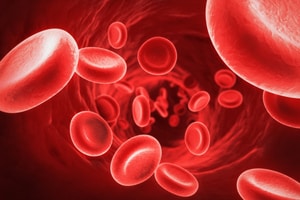 The US FDA has warned that drugs in the SGLT2 inhibitor class of diabetes therapies can cause a potentially serious side effect.
The US FDA has warned that drugs in the SGLT2 inhibitor class of diabetes therapies can cause a potentially serious side effect.
The class – which includes widely used products such as Invokana (canagliflozin) from Johnson & Johnson, Eli Lilly/Boehringer Ingelheim’s Jardiance (empagliflozin) and AstraZeneca’s Farxiga (canagliflozin) – has been linked to high levels of blood acids that could require hospitalisation.
The US regulator said doctors and patients should pay close attention for any signs of the condition – known as ketoacidosis – such as “difficulty breathing, nausea, vomiting, abdominal pain, confusion, and unusual fatigue or sleepiness.”
It has not yet decided whether any changes will be needed to the prescribing information, said the FDA, which has identified 20 cases of ketoacidosis in SGLT2 inhibitor-treated patients via its Adverse Event Reporting System (AERS).
Invokana was the first SGLT2 inhibitor to reach the market and leads the category in terms of sales, bringing in $278m in the first quarter of the year, three times its turnover in the same period of 2014.
Diabetes drugs have been on the FDA’s safety watch list for years, in part because they are used by such as high number of people but also on the back of a series of health scares.
Most recently, the agency recommended changes to the labelling of two products in another diabetes drug class, the DPP4 inhibitors – after data suggested a link to cardiovascular complications.
In April, an FDA advisory committee voted that labelling for AZ’s Onglyza (saxagliptin) and Takeda’s Nesina (alogliptin) should be amended to reflect an increase in the risk of hospitalisation for heart failure.
At the moment the potential impact of the FDA advisory on the SGLT2 inhibitor class is hard to gauge, although analyst Tim Anderson of Bernstein suggested the link to ketoacidosis could lend additional momentum to the DPP-4 inhibitor class, which is led by Merck & Co’s $6bn Januvia (sitagliptin) brand.
Januvia stands to gain the most from any shift in prescribing patterns, as recently reported data from the large-scale TECOS cardiovascular outcomes study seems to have given it a clean bill of health.




